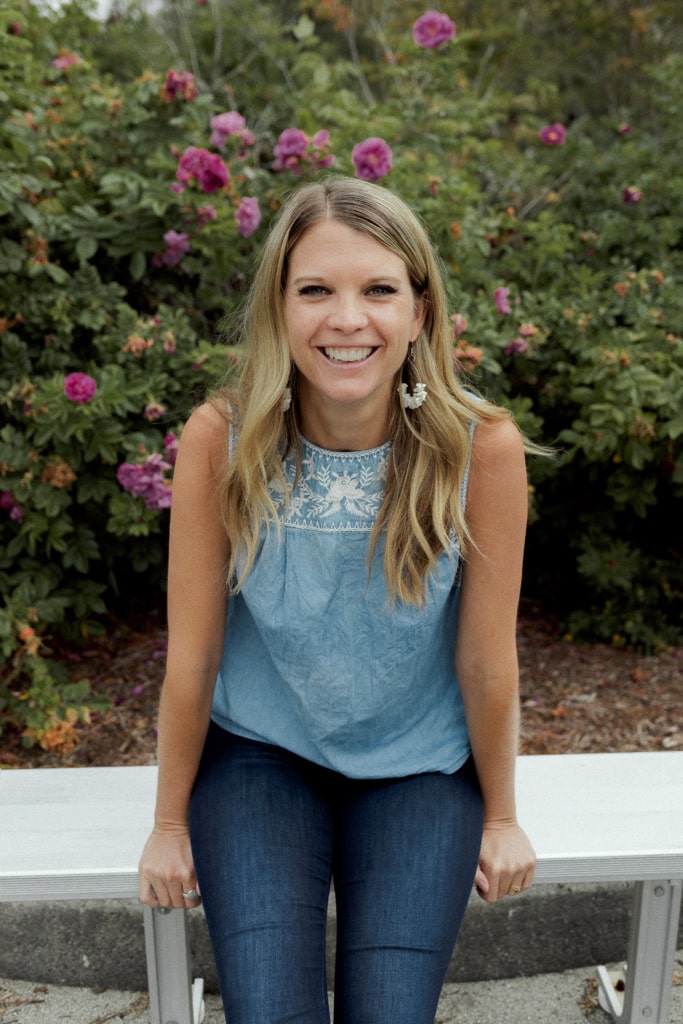At Clif Bar, a leading maker of organic energy foods, organic is a core part of our business that aligns with our values and commitments to people, planet, and community. By sourcing organic, we work in harmony with nature, protecting soil and water, as well as our farmers, from pesticide exposure.
 Philippa Lockwood, Clif Bar Program Manager, Sustainable Agriculture and Supply Chain Equity
Philippa Lockwood, Clif Bar Program Manager, Sustainable Agriculture and Supply Chain Equity
To date, Clif has sourced more than 1.4 billion pounds of organic ingredients addressing increased consumer demand as last year’s U.S. organic food sales reached $60 billion (Organic Trade Association, 2022).
As demand grows, additional research is needed to help organic farmers overcome the common challenges they face including weed control, pest management, climate resiliency, improvement of crop yield and more. These challenges are exacerbated without chemical pesticides or fertilizers which are not permissible under the organic standard.
Currently, U.S. Department of Agriculture data shows that organic research only represents about 2% of its annual budget. To help address this research gap, in 2015 Clif Bar decided to support organic research by creating a $10 million portfolio to fund endowments at land-grant universities. Endowments are powerful because they exist in perpetuity and allow researchers freedom to innovate and pursue long-term wholistic research, so critical to the organic industry.
Clif’s first four investments created organic research endowments at The University of Wisconsin-Madison in 2015 and 2022, Washington State University Bread Lab in 2018, and The University of California in 2020. With our fifth endowment, our goal was to endow a Historically Black College or University (HBCU), because historically HBCU’S are systematically underfunded and lacking resources needed to optimize their potential. Additionally, many HBCUs exist in regions with low organic certification, and significant pest and disease challenges.
After a rigorous selection process among several HBCUs, Tuskegee University stood out with their wholistic approach to organic research, top tier research faculty and partnerships with farmers, and connection to youth and communities. FFAR matched Clif Bar’s investment for a total of $2 million to create the Tuskegee University Organic Research Endowment to improve organic research in the Southeast and increase organic acreage under cultivation by Black, Indigenous, and people of color (BIPOC) farmers. This endowment will help support increased supply of organic products and new economic opportunities in underserved communities.
Throughout the process of creating the endowment, FFAR was more than just a funding partner. FFAR’s Soil Health Scientific Program Director Dr. LaKisha Odom devoted significant time as an advisor and thought leader to make this research endowment even more valuable. We have learned much from her.
At Clif Bar, we believe organic is a crucial and important part of how we choose to grow our food and how we operate as a business that is respectful of the planet and its producers. We invite other organizations to consider investing in organic research to help create positive impact for our future.
As a Program Manager on Clif Bar’s Impact and Sustainability team, Philippa Lockwood leads programming that builds agricultural resiliency within and beyond the Clif Bar supply chain. This includes designing field-based technical assistance, strategic assessment of certifications (like organic) and leading Clif’s endowment program for organic research. Philippa spent part of her childhood on a farm and grew to love plants, animals and the people who raise them. Her curiosity (and career) in sustainable agriculture has taken her to 12 countries on five continents where she has worked with public, private and non-profit organizations. She obtained her MPA from the Middlebury Institute of International Studies at Monterey and completed her B.A. in international studies from the University of Nevada, Reno. Outside of work, Philippa loves to hike, travel and spend time with her husband Vitor and dog Poppy.